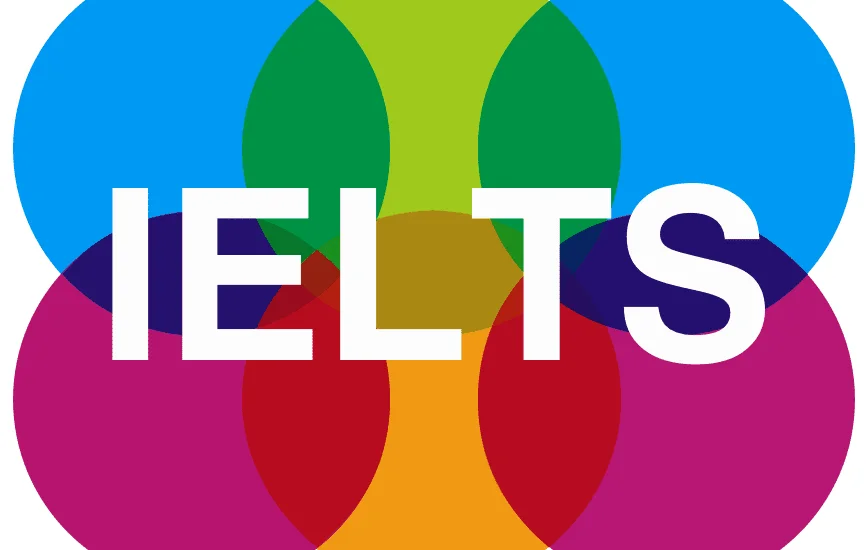Scoring a Band 9 in IELTS Writing Task 1 Academic is absolutely achievable with the right structure, vocabulary, and approach. Whether you’re just starting or fine-tuning your performance, this guide gives you the tools to write clear, accurate, and high-scoring responses.
What Is IELTS Writing Task 1 Academic?
This task requires you to describe visual information—with a minimum of 150 words within 20 minutes. You must use formal, objective language and avoid giving opinions or personal commentary.
Common visuals include:
- Line graphs, bar charts, pie charts
- Tables and comparisons
- Diagrams showing processes or maps
How to Structure Your Response
Use a four-paragraph format for clarity:
| Paragraph | Purpose |
|---|---|
| Introduction | Paraphrase the task prompt |
| Overview | Summarise key features or main trends |
| Body Paragraph 1 | Describe the first half of the data |
| Body Paragraph 2 | Compare or analyse remaining data |
Use cohesive devices like “in contrast”, “whereas”, or “respectively” to connect ideas logically.
What Examiners Want: Band 9 Criteria
According to the official IELTS band descriptors:
| Band Descriptor | Band 9 Features |
|---|---|
| Task Achievement | Fully addresses the task; presents clear overview and relevant comparisons |
| Coherence & Cohesion | Ideas are logically ordered; excellent use of linking phrases and paragraphing |
| Lexical Resource | Wide range of precise vocabulary with natural usage |
| Grammatical Range | Complex sentence structures with minimal errors |
Band 9 Sample Task + Model Answer
Prompt:
The chart shows requests for information at a UK tourist office from January to June.

Introduction
The line graph details the frequency of requests in person, by letter/email, and by telephone at a UK tourist office in the first 6 months of a given year.
Overview
Overall, it is readily apparent that in-person requests increased from the least to most common over the period, overtaking the telephone, which also rose. Information requests by email and letter declined and were by far the least frequent by the end of the time surveyed.
Body Paragraph 1
In January, in-person information requests were the lowest of all 3 categories at approximately 420. In contrast, written requests and telephone calls stood at 770 and 900 in turn. By mid-March, in-person questions (1,000) had surpassed other queries, an upward trend that persisted and culminated at 1,900 to finish the period.
Body Paragraph 2
In comparison, telephone requests fluctuated between 800 and 1,000 until the beginning of April prior to growing sharply to end just behind in-person requests at 1,600. Letter and email requests fell marginally until March (to 700), before a steep drop, and a levelling off at 400 from May to June.
Estimated Word Count: 170
Why It Scores Band 9: Clear structure, trend-focused, precise data reporting, varied grammar and vocabulary.
High-Scoring Vocabulary for IELTS Writing Task 1
| Purpose | Examples |
|---|---|
| Increase | rose sharply, surpassed, grew steadily, peaked at, climbed to |
| Decrease | declined, dropped slightly, fell sharply, reduced, dipped to |
| No Change | remained stable, levelled off, was consistent, stayed the same |
| Comparison | in contrast, similarly, respectively, whereas, compared with |
| Data Reporting | stood at, reached, amounted to, recorded, was the highest/lowest |
| Time References | from January to June, in mid-March, by April, during the final month |
Common IELTS Task 1 Mistakes to Avoid
1. Giving Personal Opinions
Stick to the data. Don’t say “I think” or provide explanations.
2. Missing the Overview
This summary paragraph is essential for Task Achievement.
3. Repeating Words or Phrases
Use synonyms and vary sentence structures to show your range.
4. Informal Language
Avoid casual words like “went up a lot”. Use academic alternatives like “increased significantly”.
5. Copying the Task Prompt
Paraphrase the question using your own words. This shows language skill.
Want to Improve Your IELTS Writing?
Looking to build your confidence in IELTS Writing Task 1 Academic? reach out to Pathways today!
- Join expert-led writing workshops
- Get personalised feedback on your writing
- Access structured IELTS prep programs
We’re here to help you build real writing skills for real results.

Leave a Reply